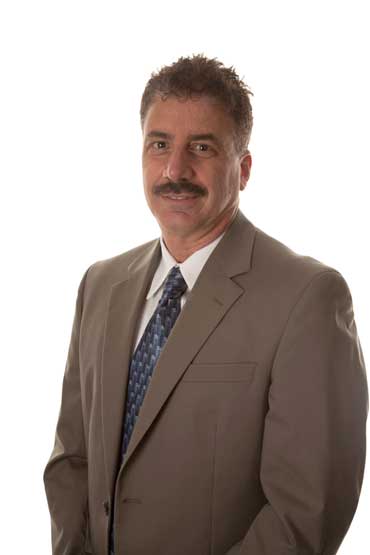By Dave Yochum
When Stephanie Hicks passed away in 2010, most people blamed the grocery store where it happened. She tripped on a pallet, fell and broke her hip. She passed away a month and a half later.
While Harris Teeter won’t comment, the big grocery company said Stephanie contributed to the accident because she saw the pallet. Husband Jim Hicks, who ran for Cornelius Town Commission in the late 1990s, says Harris Teeter was not liable because of the doctrine of contributory negligence that rules North Carolina.
If there’s an accident in North Carolina, the claimant has virtually no chance of collecting damages if he or she somehow contributed to the accident. North Carolina is one of only four states that operates under this doctrine. This applies even if the plaintiff was only slightly negligent—and even when the defendant is almost totally at fault.
The state law dates back to a horse accident in 1806 in England.
“This law needs to change,” says Cornelius attorney Chris Mauriello.
“I just feel it’s unfair. It’s wrong. Just like anything else you know about that strikes you as extremely wrong and unfair, you want to make it right,” he says.
The Hicks’ were married 52 years and traveled all over the world during Jim’s career with IBM. They retired comfortably in 1987 in Rockingham and then moved to a new home on Norman Colony Road in 1998.
“We woke up one morning, we needed orange juice and she ran to Harris Teeter. Next thing you know, Stephanie, she had fallen. They were restocking and they had a skid in the middle of the aisle, she had a brace on her left leg, she put her basket down, she went to get it and snagged her leg on the skid and boxes, and fell and broke her hip,” Hicks says.
There was apparently some discussion about whether or not to call 911—Stephanie said not to—and the manager “loaded her” on one of those motorized carts. They got her in the Hicks’ car and drove straight to the hospital.
Stephanie was hospitalized for three weeks and developed pneumonia. She was transferred to Huntersville Oaks, but after three or four weeks, she opted to stop her medication and died at age 78.
In 46 other states, Harris Teeter would be liable for damages. Its insurance company would step up to the table and compensate the victim.
Connecticut-based Constitution State Services specializes in “delivering customized, responsive claim administration services” to companies like Harris Teeter.
In a letter to Hicks dated July 12, 2010, Constitution said, “our obligation on behalf of Harris Teeter is not to pay all losses, but to only consider those losses that Harris Tetter is legally responsible for causing the damages or injuries sustained on their premises or because of their operations….Based on our investigation, we found no negligence on the part of Harris Teeter for this incident…..we respectfully deny any and all liability.”
Hicks said his wife should not have been moved after she fell, according to Harris Teeter’s own policy. The manager should have called 911, Hicks said, as per Harris Teeter accident guidelines.
“Of course what bothers me most is losing her, but the public pays the expenses through insurance costs; Harris Teeter’s insurance paid nothing,” Hicks said. Medical care ran into the hundreds of thousands of dollars. Most of it was paid for by Medicare, and so we all pay.
Even when Medicare isn’t involved, everyone else gets dinged because the big companies with big insurance policies don’t. “Because of N.C. laws, Harris Teeter bore no responsibility even though the Medical Examiner stated on her death certificate that death was a result of the fall. The many dollars paid for medical care were paid by others,” Mr. Hicks wrote in a letter to local legislators.
Mauriello, owner of Mauriello Law Firm on West Catawba, said North Carolina’s contributory negligence doctrine, is unfair. We’re one of only four states left that still follows the doctrine.
“States have been moving away from it, not toward it,” Mauriello said.
It’s not to say that plaintiffs can never recover. If the case is absolutely clear cut, like a construction accident or a trench collapse, the case can go to court. In fact, Mauriello represented six injured parties in the Charlotte Motor Speedway bridge collapse back in 2000. He was also on the plaintiff steering committee.
Mauriello stays plenty busy under the current law, handling 100 to 120 cases a year. So a change in the law isn’t going to make him wealthy.
Reform has come close in the N.C. legislature. The last time, the the bill was too heavily weighted in favor of trial lawyers.
Reform doesn’t seem to be high on the 2015 legislative agenda, although Hicks, a Republican, has written to local legislators.
In a letter to Hicks, Tillis wrote: “I support the move to a comparative fault system and I have been actively engaged with all parties to work out a fair bill.”
Tillis, of course, has moved on to the U.S. Senate. N.C. Rep. Charles Jeter said in December he will look into the matter.
“To require injured people to be absolutely free from any culpability whatsoever doesn’t make sense,” Hicks said.






